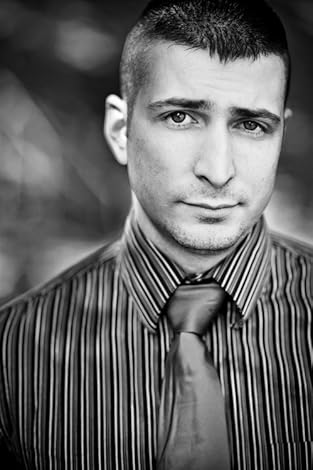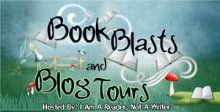
How long have you been writing? I started writing short stories when I was 16. My very first short story is called “The Follower” which is about a teenage boy driving his dad’s car after curfew and thinks he’s being followed by an undercover cop. Last year, I picked up the story and I almost laughed at how bad that original draft was. I ended up rewriting the whole thing and actually included it in my collection, Amidst Traffic, because even though there was still something raw and authentic I knew I could pull back from that piece.
What genre are you most comfortable writing? When I was young, I used to write a lot of horror or dark stories. I used to think that for a story to be good a life had to be at stake. But in college, at Pitt, I fell in love completely with contemporary literary fiction. To me, there is no greater genre. Literary authors are usually not your biggest money makers in the book market, but the genre is so authentic and inspiring that I couldn’t imagine myself writing anything else.
I do have a Christian novel lined up next, but I always make sure that the focus is on the characters and the prose first and the story grows out of that.
What inspired you to write your first book? My first book was actually an end-times type novel called “Breathing God.” I don’t promote it or sell it any more because I published it when I was young and my convictions have changed a lot since then and I think my writing style has grown a lot since. But I got a buzz out of writing the book. The idea came out of a simple question: What if God chose me to deliver a message to the world? What would it mean, and how would that feel? So I took that idea and I just ran with it.
What made you want to be a writer? The money. That was a joke. You can laugh now.
But in all honesty, writing fiction is a thrill because of the discovery process. I always discover something strange, new or unexpected about my characters while I’m in the midst of the story. Writing fiction is a wonderful way to battle thoughts of questions you have as a person. Mostly I’m driven by human conflicts and questions about our existence. I love that writing connects me with complete strangers through the veil of narrative.
Do you intend to make writing a career? I read a book by Noah Lukeman, who is a literary agent, and in one of his early chapters he stressed the fact that if you commit yourself to writing, you should project 20 years out before you can really expect to make it big. That’s a scary thought because we all want immediate results, and some of us want immediate fame or success. But the reality is that you can’t even collect retirement from most jobs after 20 years. When you put it in that perspective, that projection makes more sense.
Some authors make it big much faster, but for the rest of us we should cherish the idea that writing is work and it’s hard and that it requires commitment.
For now, I’m going to keep working full time for the Army, run my photography business and write and publish books on the side. By the time I retire from the Army, in 20 years, we’ll see if I’m in a place where I can earn a living from this. I personally believe my writing is good enough to invest my time into it, but the process can often really be a battle.
Have you developed a specific writing style? I think for the most part my writing assumes a lot of fragmented sentences. At times I pile up a bunch of unfinished thoughts together, in a row, to give a sense of tension or anxiety in the narration. Most of my stories focus on human pains or human struggles, sometimes very subtle or even mundane on the surface. So I try to let the prose to accomplish much of the tension building to give a hint of something below the surface.
People have called my style gritty. Maybe it’s even a bit raw, but I always try to accomplish a sense of making the reader feel like he’s in the moment with the characters.
What is your greatest strength as a writer? I think I do a pretty good job at jumping right into a story and wasting a lot of time or words to get to the point. I usually like to start in the middle of things, especially with my short stories, and bring the reader right in the midst of some inner conflict the main characters are facing.
Have you ever had writer’s block? If so, what do you do about it? I think the moment a person decides to be a writer a block falls out of the sky and hits him on the head. You can’t be a writer and not get smacked with it.
You don’t hit a block. The block hits you.
If I ever get hit, I do one of two things. Either I walk away and let things resolve themselves until I return to the writing later, or I try to picture one of the characters doing something specific, either with their hands or working an idea over in their minds. I try to detail that through writing, and that usually allows me to move on.
Buy Now @ Amazon
Genre – Short Stories / Literary Fiction
Rating – PG13
More details about the author & the book










No comments:
Post a Comment